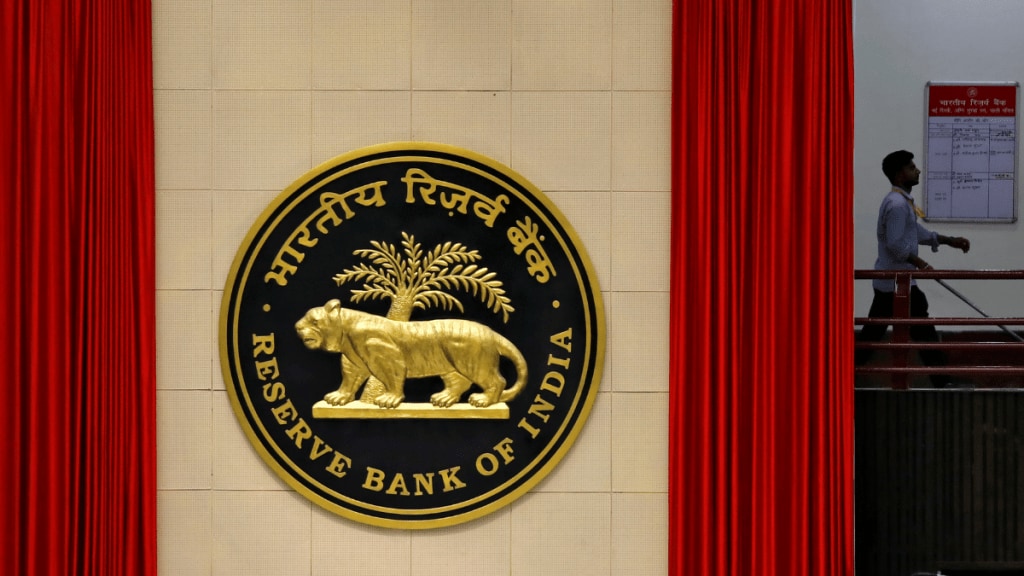Reserve Bank of India (RBI) deputy governor M Rajeshwar Rao has said asset reconstruction companies (ARCs) are being misused by tainted promoters to enter the bankruptcy process after leading their firms to loan defaults. He added that said the failure to meet regulatory guidelines and wilful violations would invite strict supervisory from the banking regulator.
“What we observe is that not all ARCs have implemented the revised guidelines on composition and functioning of the board. I would take this opportunity to urge all ARCs to implement these guidelines in right spirit,” Rao said.
“There is a regulatory framework in place, under the provisions of SARFAESI Act, which enables ARCs to undertake resolution,” he added.
The comments were part of his keynote address at a conference on ‘Governance in ARCs – Towards Effective Resolutions’, held in Mumbai on May 17.
“There are concerns around activities in this process chiefly relating to the ARC route becoming a vehicle for entry of the ‘tainted’ promoters, who in the first place, were responsible for the default of the underlying entity,” he said.
Earlier this week, the central bank barred two Edelweiss Group companies, saying that they engaged in evergreening of distressed loans — the practice of granting further credit to firms close to default to help them repay existing loans.
Rao further said transactions in ARCs have to be conducted transparently and the manner in which ARCs can resolve an asset needs to be clearly laid down.
“ARCs also need to be conscious of their conduct vis-a -vis the distressed borrowers. Even a single incident of misconduct can potentially snowball into a controversy which the sector should guard against,” Rao said.
He stressed the need for strong governance frameworks, robust internal controls, and a strong compliance culture, adding that not all ARCs have implemented the revised guidelines on company boards’ composition and functioning.
With a view to a robust governance system in place, the RBI has stipulated that ARCs need to appoint an independent director as the chair of the board, and at least half of the directors in any board meeting should be independent directors.
ARCs are also required to constitute two committees of the board — audit committee and nomination and remuneration committee — which are expected to enhance the efficacy of the board.
He said RBI regulations are intended to promote the integrity and effectiveness of the sector. “As the leaders of the ARC sector, it should be your endeavour to ensure that the sector remains focused on course charted through legislative and regulatory intent and should ensure that any negative perception about the functioning and governance standards of the ARCs is dispelled,” he said.
“To achieve that, it is important that ARCs have strong governance frameworks, robust internal controls, well-developed risk management function, and strong compliance culture,” he added.


